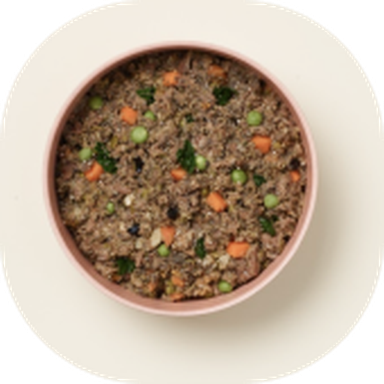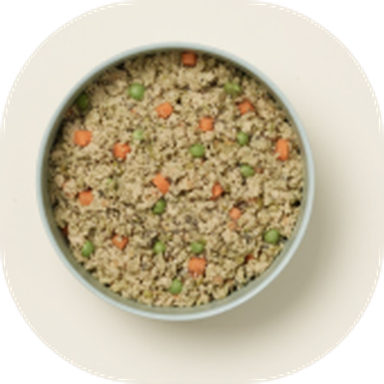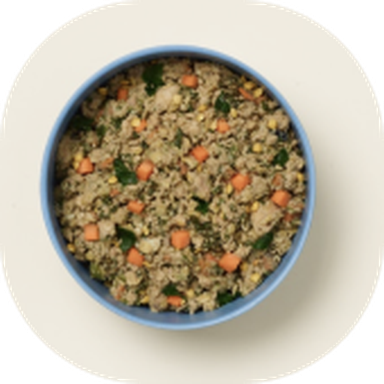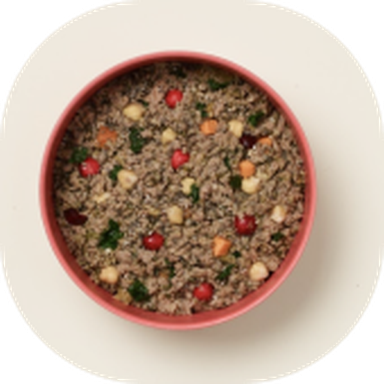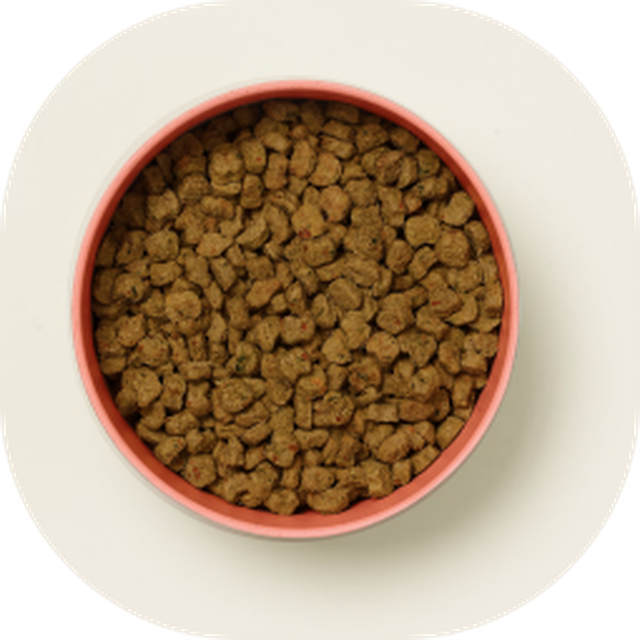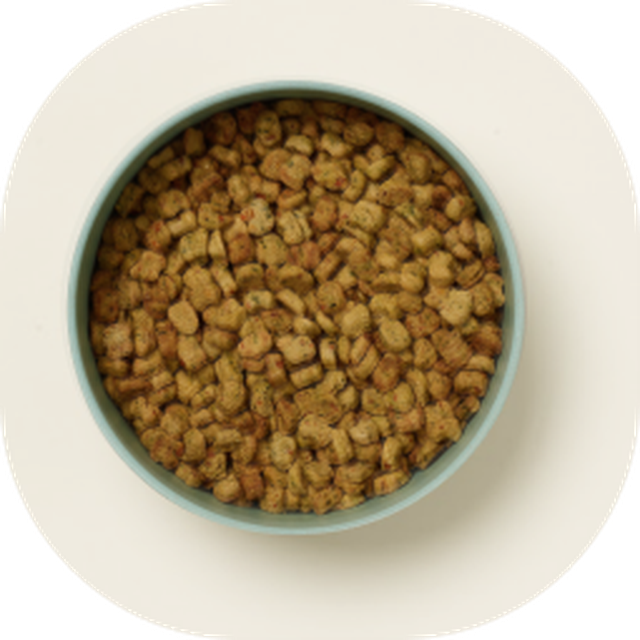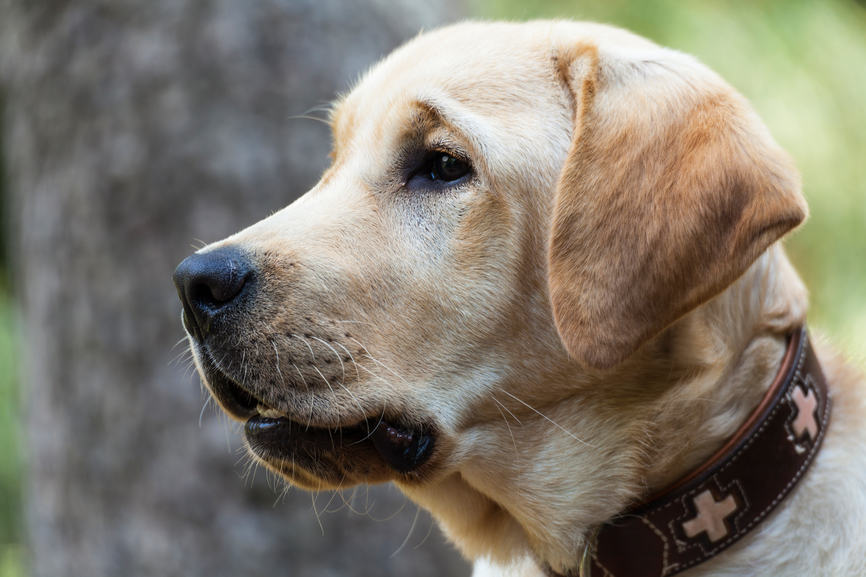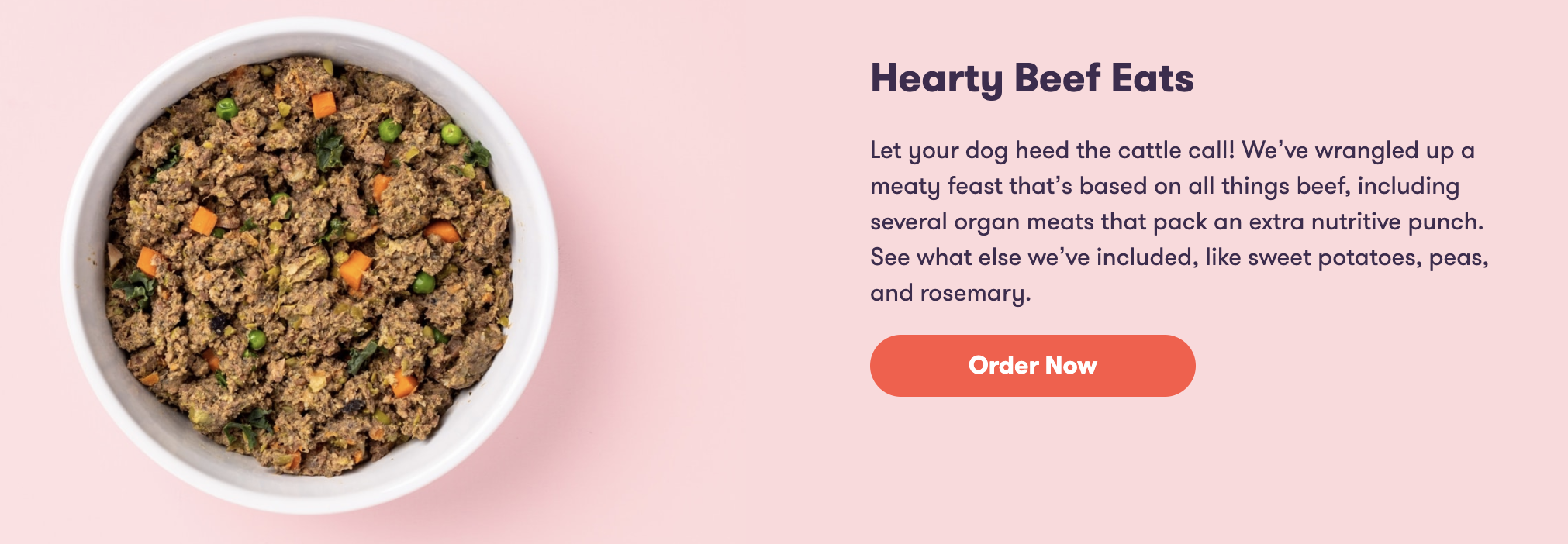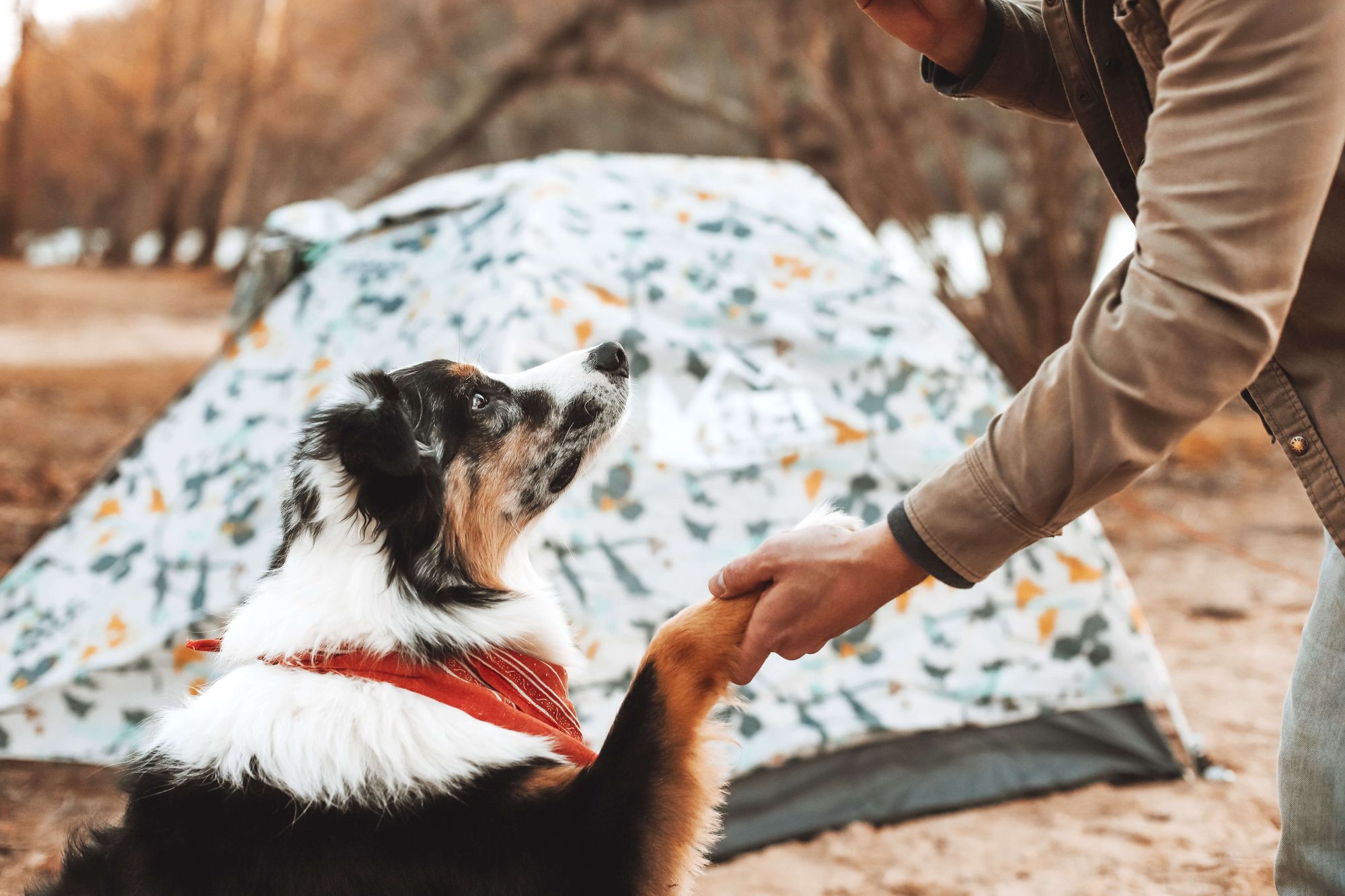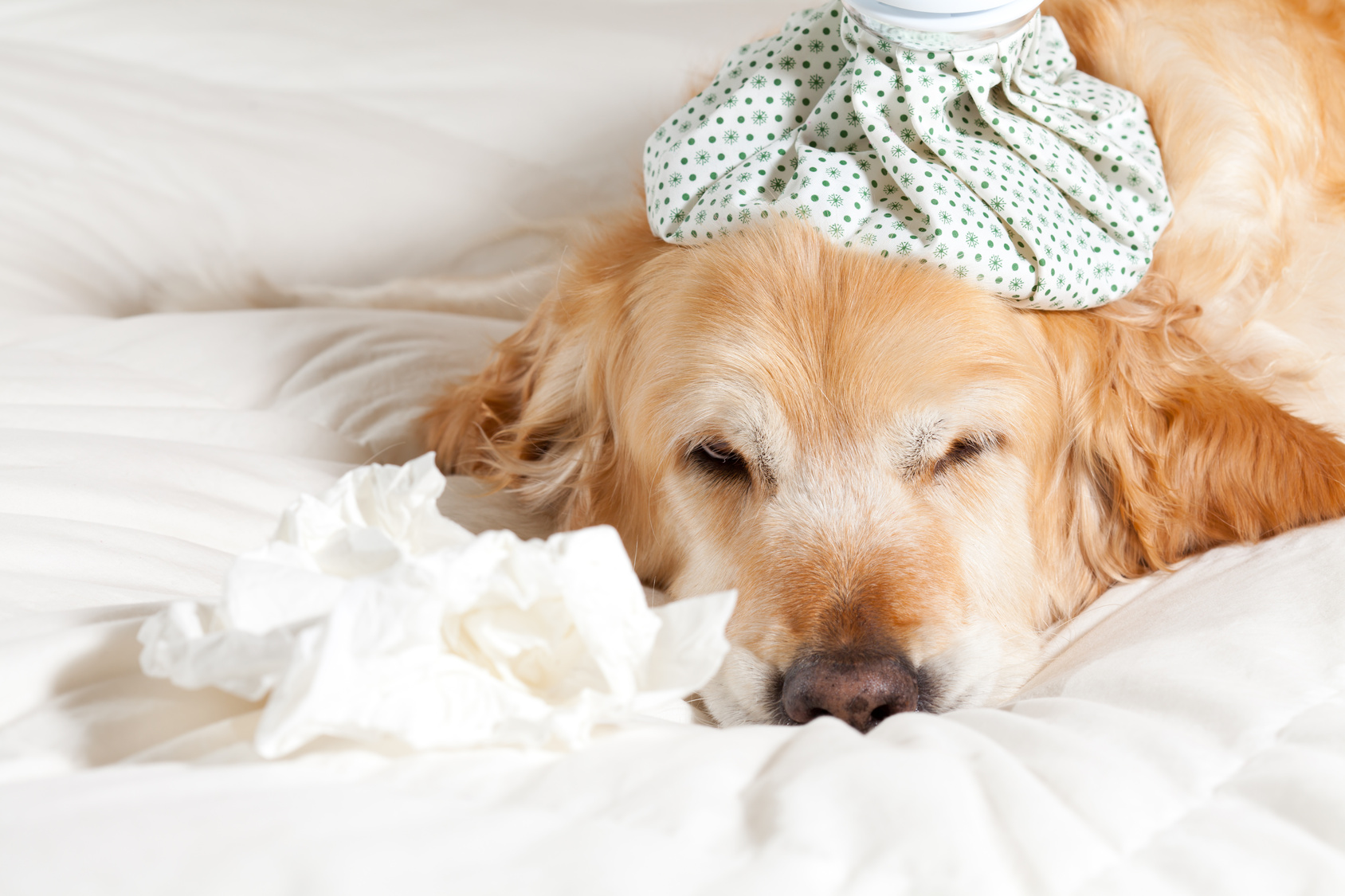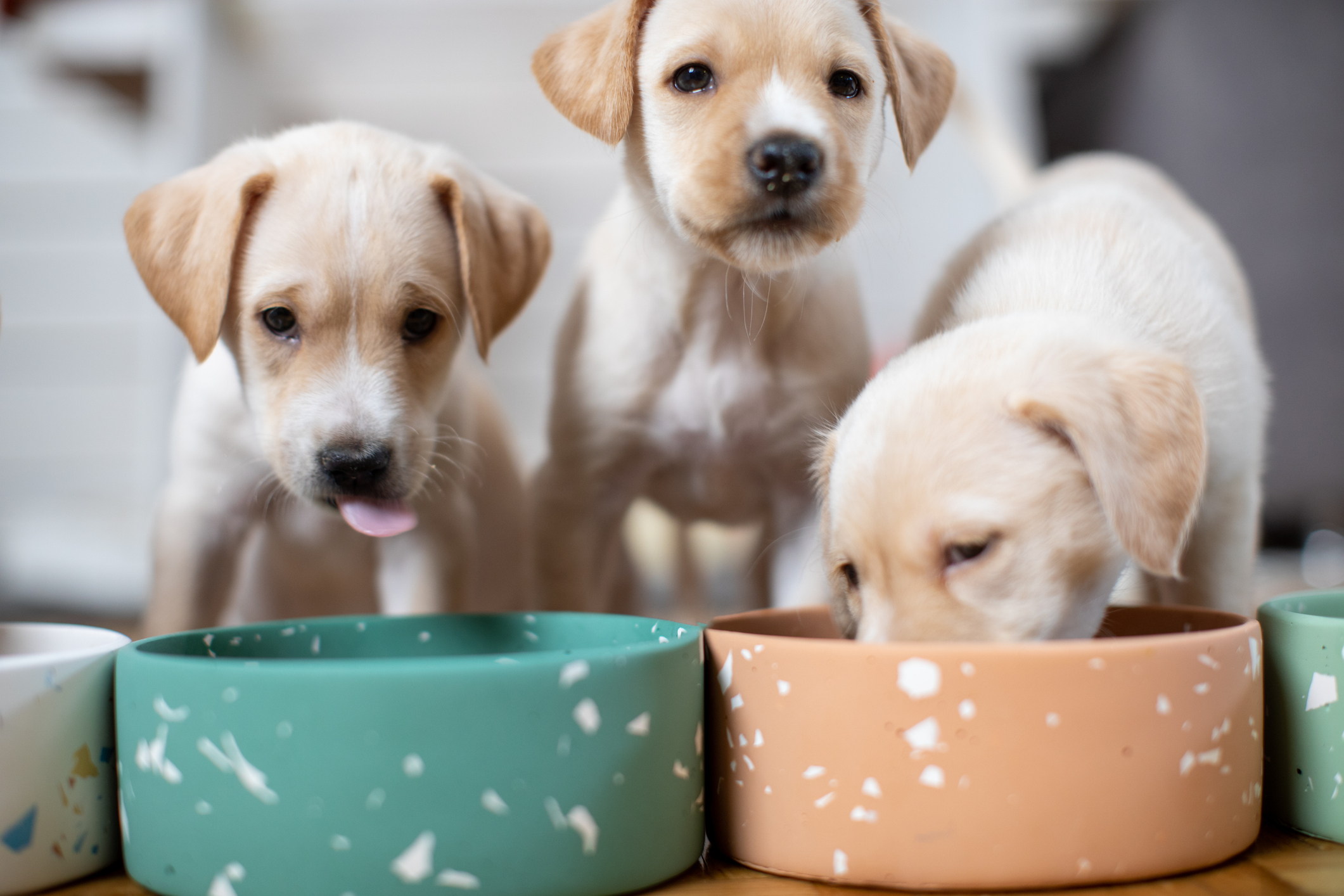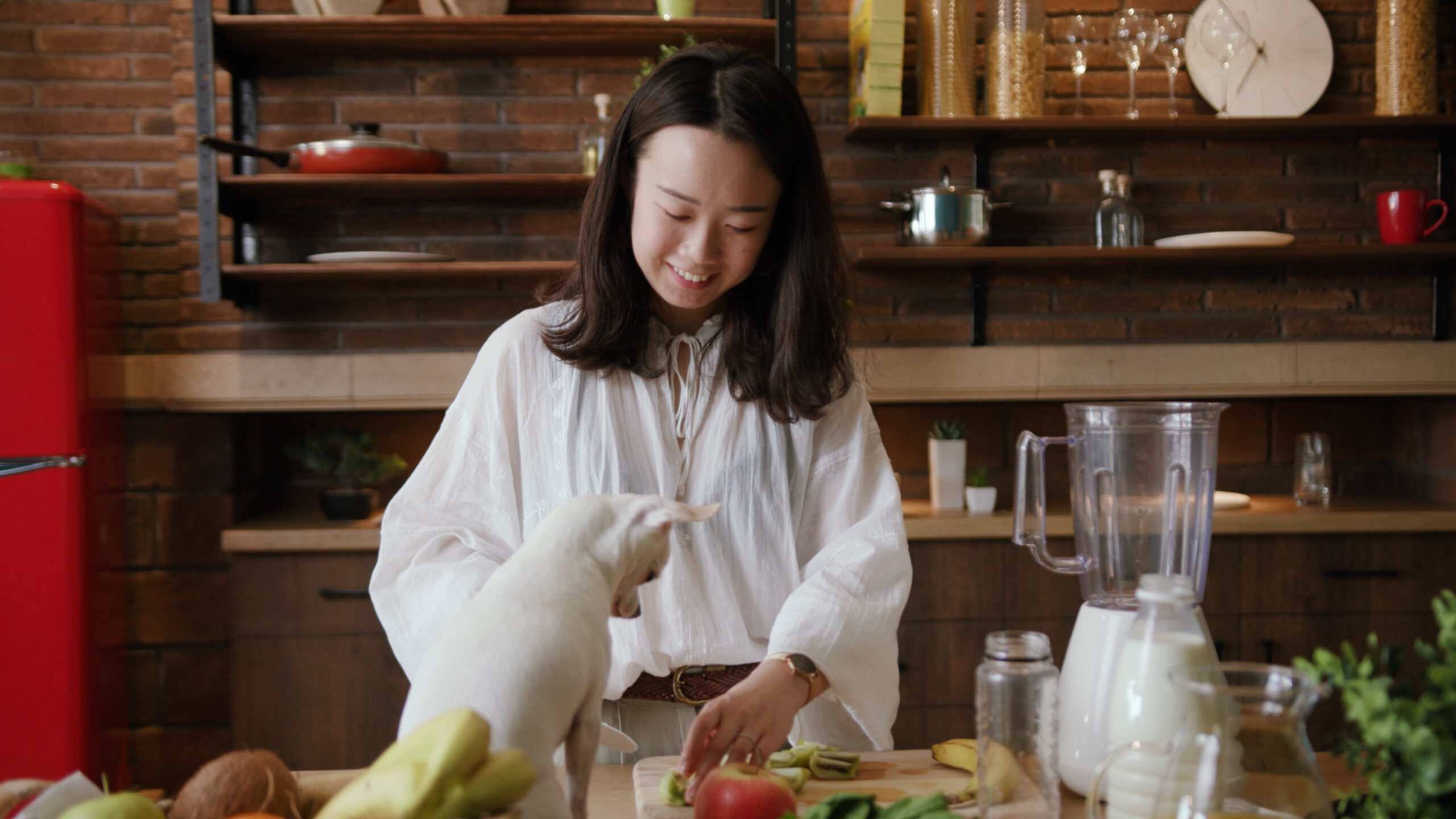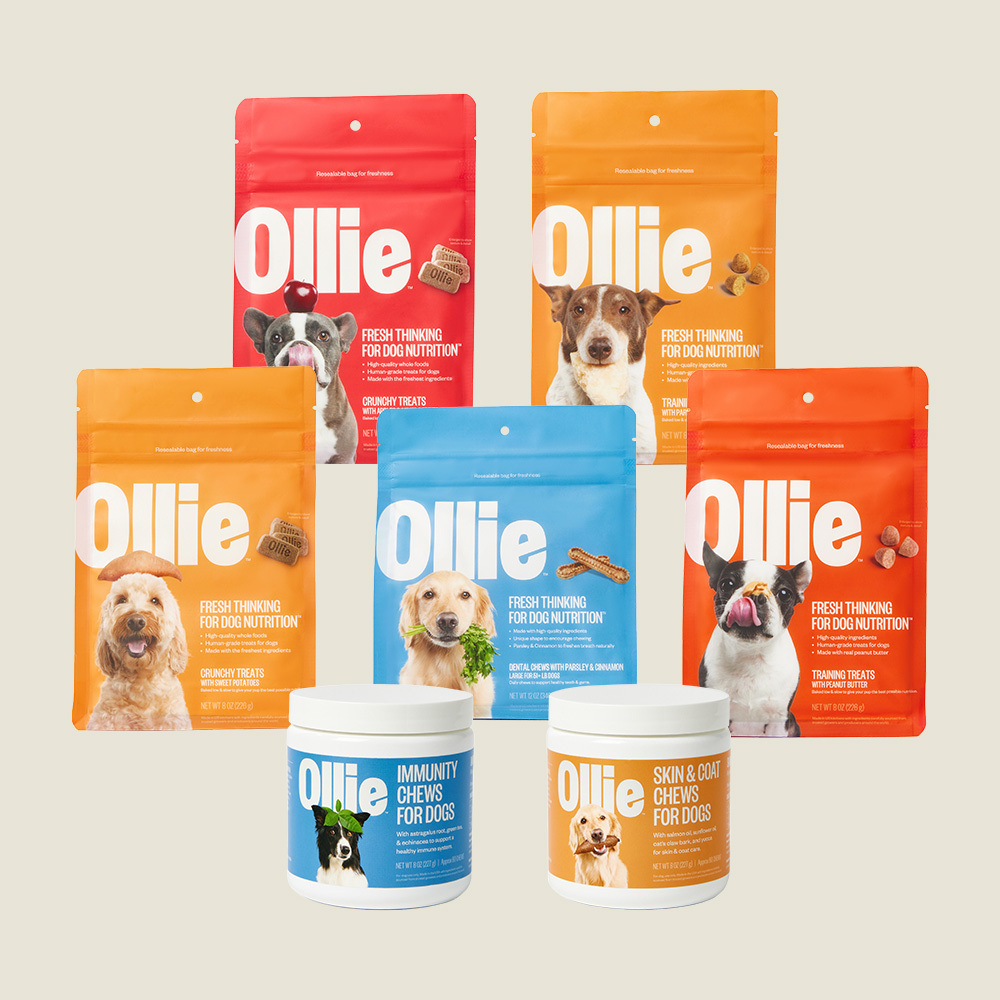Hey Ollie blog readers! We’re offering you an exclusive 60% OFF your starter box! Try now!
Balled up socks, your cat’s dinner, that half-eaten slice of pizza on the sidewalk—for Labrador Retrievers, life seems like an endless buffet. But eating everything (and we mean everything) isn’t entirely their fault.
Why do labradors eat so much?
A recent study from Cambridge University found that a gene mutation common in the breed may be partially responsible for their bottomless pit stomach. In the study, researchers studied 310 Labrador retrievers and found that many were missing part or all of the POMC gene, which regulates appetite in some species (including humans.) Without it, Labrador retrievers can’t register that they’re full. The result? Overweight pups, not to mention some scary trips to the vet when you realize they’ve snacked on a stuffed animal. While labs will likely always love to eat, there are a few ways to help regulate their appetite. Michael Petty, DVM, author of Dr. Petty’s Pain Relief for Dogs, shares his top tips to satisfy their insatiable hunger.
6 tips on what you can do about your labs tendency to overeat
1. Talk To Your Vet
Does your pup dive-bomb for food on the street? Does she beg for her dinner seconds after she’s already eaten? If so, there may be an underlying medical issue. “Labs, in particular, are more prone to hypothyroidism, which can both make them gain weight and make them hungry,” explains Petty. Medication can help; but talking to your vet about your pup’s raging appetite during a well visit is worth the conversation, regardless of breed.
2. Fill Up With Fiber
A fiber-rich diet, with minimal additives or preservatives, can help your lab feel fuller, longer. If your pup’s weight falls within the normal range, Petty advises pet parents to add canned pumpkin—a few tablespoons mixed in with his regular meal—to his diet. “Pups like it because they have more to eat, and the fiber helps fill them up,” explains Petty.
3. Pull Out The Puzzle Ball
If your Lab gobbles up food (likely) consider using a puzzle or game-type feeding ball, which can play into their need for mental stimulation. Part of the reason they love seeking out food is their retriever background—bred to find food, for labs, part of the fun of eating is all in the hunt, says Petty. A feeding game gives them the same rush, but slows them down so they don’t get indigestion.
4. Make a No-Snack Policy
Easier said than done, but Petty says that one of the best ways to clamp down on a lab’s insatiable appetite is to make it clear when the kitchen is closed. If your pup is fed at a regular time each day, in the same dish, and isn’t given snacks, treats, or table food outside these times, they’ll gradually adapt and stop begging and searching for snacks.
5. Create a “Diet Zone”
You know how tough it is to concentrate at work when a colleague puts a plate of fresh donuts inches in front of you? The same applies to dogs. Being mindful of your dog’s environment, keeping them out of the kitchen as much as possible while you’re cooking, and avoiding putting food at their eye-level. When they see it’s not there, it’ll (eventually) stop being on the top of their mind, says Petty.
6. Get Active
Again, for many labs and other hunting and retrieving pups, part of the appeal of an illicit snack is the thrill of the chase. Making sure your pup has plenty of time to engage in dynamic play, whether it’s fetch or playing with other dogs, will help keep his mind off food. Plus, your pup may be coming to you with those begging eyes not because he’s hungry, but because he’s looking for attention. Once he realizes he’s getting a ball instead of a treat, it’s still a win-win in his eyes.
The Ollie blog is devoted to helping pet parents lead healthier lives with their pups. If you want to learn more about our fresh, human-grade food, check out MyOllie.com.
Tagged As:

The nutrition your dog needs,
the food they want.

Enjoying our articles? Subscribe our Newsletters and get new articles directly to your inbox
You might also like
20 June 2024
6 MINS READ
When to Switch Your Puppy to Adult Dog Food
Your puppy’s life is filled with milestones, including the transition from puppy to adult dog food. We explore when to make the switch and provide helpful tips.
by Ollie Pets
11 October 2023
5 MINS READ
Risks of Home Cooking for Your Dog
Although home cooking for your pup sounds like an intuitive and heartwarming way to serve up optimal health through fresh whole ingredients, there are many things you need to know about homemade f…
26 September 2023
7 MINS READ
How to Choose The Perfect Treat for Your Dog
Treats have a place on your dog’s food pyramid, but they should be given with care and consideration.
